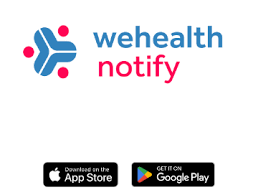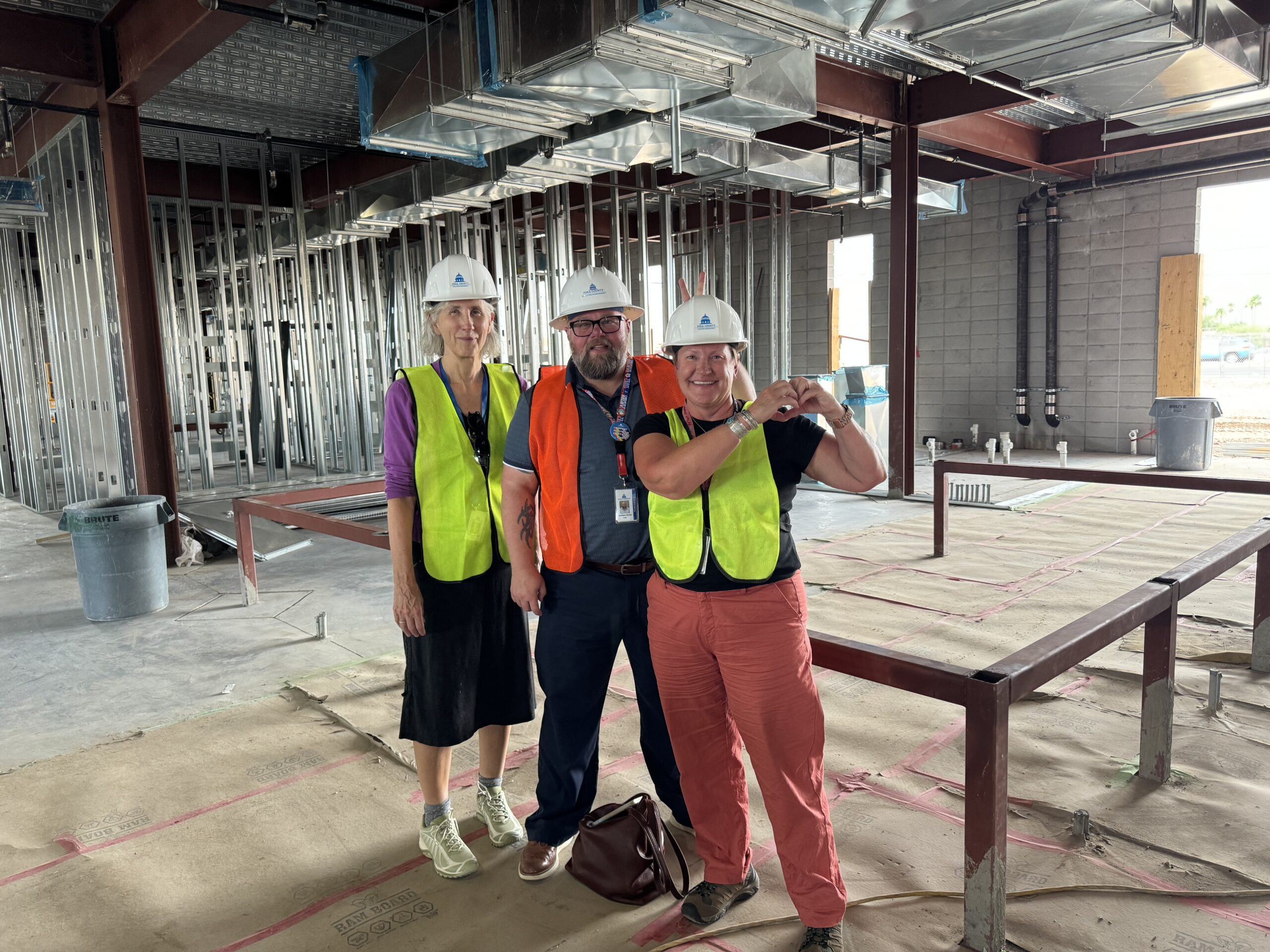Free Webinar: Friday, July 12, 2024: 9-10am
Arizona’s 2024 legislative session saw the passage of about a dozen laws that will be good for public health and state government accountability – especially in the areas of behavioral health and licensing of care facilities.
There were also many missed opportunities – mostly in the areas of behavioral healthcare and care home assurance accountability. Some detrimental bills were successfully vetoed or blocked.
The budget saw across the board modest cuts for many agencies and sweeps of several professional license funds.
The legislature also placed 11 measures on the November ballot. AZPHA will be opposing 7 of them. Voters are likely to place an additional two propositions on the ballot.
This session will cover the Bills, the Budget and the Ballot Measures. Below is a PowerPoint summarizing what we’ll be covering in this webinar.







